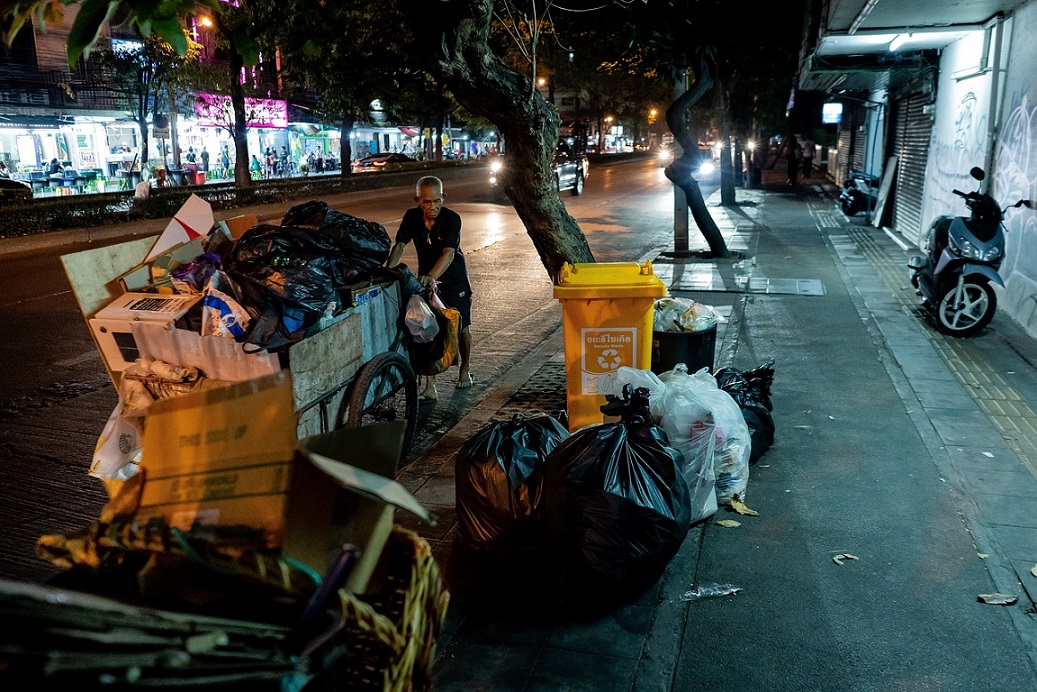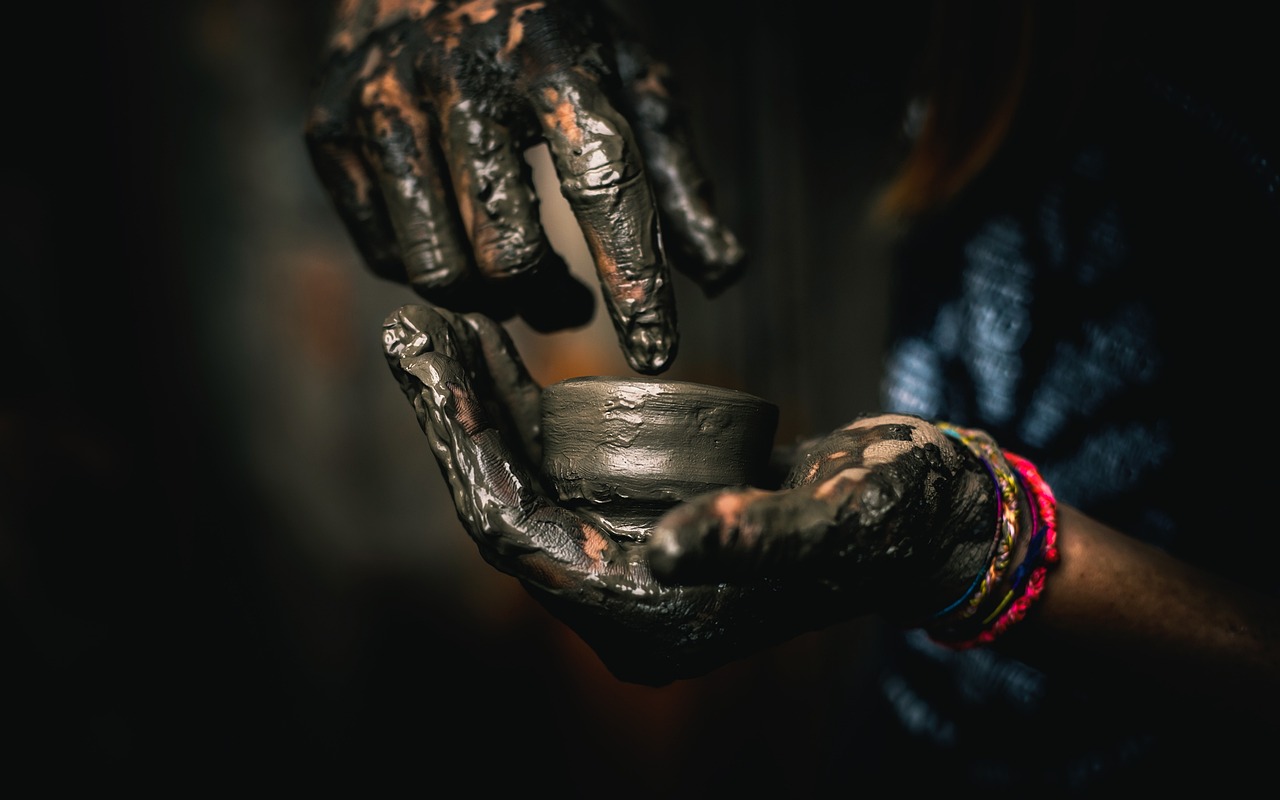According to ILO data, around one-quarter of the world’s population lives on less than one dollar a day, and one-third are below the poverty line. Around 200 million people are unemployed and eight in ten workers lack adequate and sufficient protections.
 Marcelo Colussi
Marcelo Colussi
From its very inception, capitalism has centred on perpetual worker exploitation. In recent decades, the system has gathered impressive exploitative momentum and the “welfare state”, with its Keynesian policies that characterized a good part of the twentieth century post World War II, has disappeared from the scene.
By the mid-1800s, trade unions had emerged and taken root, securing advances in our civilization from which we have benefited for decades: the eight-hour working day, minimum wage, paid holiday, retirement funds, health insurance, pension schemes, unemployment insurance, specific rights for working mothers, and the right to strike. These are enshrined in the 1948 United Nations General Assembly Declaration of Human Rights, which states that “Everyone has the right to work, to free choice of employment, to just and favourable conditions of work and to protection against unemployment.”
The first half of the twentieth century saw socialist revolutions (in Russia, China, Cuba, Viet Nam, North Korea and Nicaragua) and a number of popular movements with anti-capitalist leanings: from decolonisation across the developing world to the socialist guerrilla wave, or from the growth of the trade union struggle to grassroots organizations challenging the system. All followed by liberation theology.
 In the face of all this, global capitalism reacted.
In the face of all this, global capitalism reacted.
Nowadays, having a salaried job, even in the most undignified conditions, is a “luxury” for which we must be grateful.
The advance of capital in recent decades has been so great that employers can do as they please with those of us who depend on a salary.
The eight-hour law is abandoned, benefits are unpaid, the minimum wage is ignored, we are asked to go the “extra mile” and workplace accidents are on the rise due to a lack of protective measures. According to the International Labour Organization, in 2020, accidents in the workplace caused more deaths (2.7 million) than Covid-19 (1.8 million).
 Moreover, workers are required to pay taxes as “service providers”, informal traders are insultingly treated as micro-entrepreneurs, attempts are being made to turn workers into “collaborators”, real trade union organization is hindered, gender discrimination continues to be tolerated (sexual harassment against women continues), and the looming spectre of unemployment frightens and threatens.
Moreover, workers are required to pay taxes as “service providers”, informal traders are insultingly treated as micro-entrepreneurs, attempts are being made to turn workers into “collaborators”, real trade union organization is hindered, gender discrimination continues to be tolerated (sexual harassment against women continues), and the looming spectre of unemployment frightens and threatens.
All of the world’s workers – from Latin American maquila workers or African day labourers to United Nations consultants, university graduates with master’s degrees and doctorates or semi-literate domestic staff – face the burden of job insecurity. In Greece, the 13-hour working day is now legal; in France, despite heated protests, the retirement age has been raised to 64; many NGOs that talk about human rights violate labour laws for their own workers; while in Libya, “saved” from dictatorship by NATO, slaves are being sold in the public square.
We are witnessing an incessant rise in rubbish contacts (fixed term, without social benefits or legal protection, unchecked arbitrariness on the part of employers), an increase in temporary work agencies, reduction in the costs of dismissal, over-exploitation of workers, and real reduction in workforce investment.
Unemployment is permanent; the current motto of “keep the job” is a far cry from the workers’ and peasants’ struggles of the past.
 Scourges like slavery and child labour remain widespread and accepted as normal.
Scourges like slavery and child labour remain widespread and accepted as normal.
Trade union rights are a thing of the past and the situation for women workers is worse still. In addition to the various exploitations mentioned above, women suffer as a consequence of their gender: ever exposed to sexual harassment, with a heavier workload (working both outside and inside the home) and eternally undervalued.
(Translated by Rebecca Ndhlovu) – Photos: Pixabay












.jpg)












